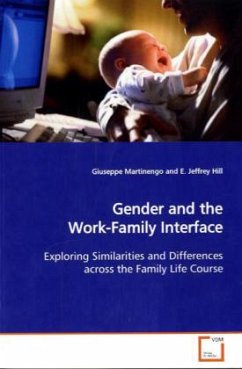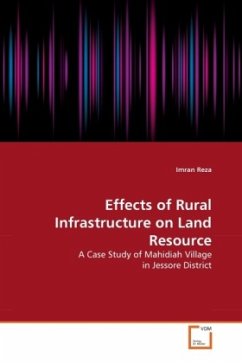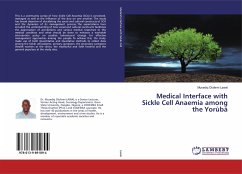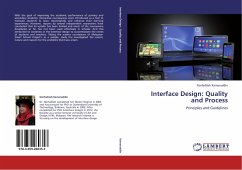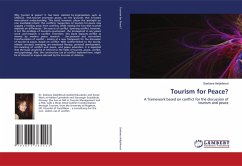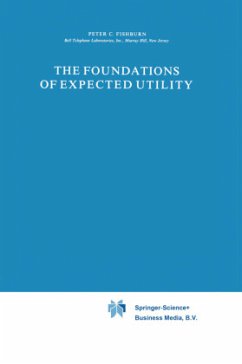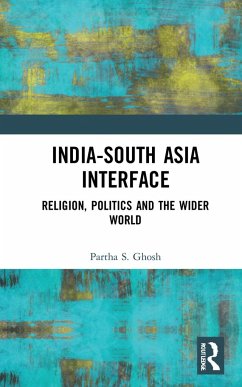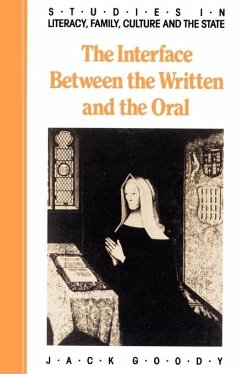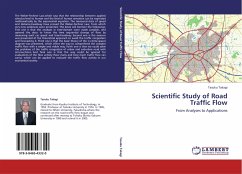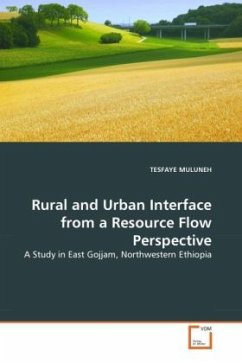
Rural and Urban Interface from a Resource Flow Perspective
A Study in East Gojjam, Northwestern Ethiopia
Versandkostenfrei!
Versandfertig in 6-10 Tagen
32,99 €
inkl. MwSt.

PAYBACK Punkte
16 °P sammeln!
This study revisits rural-urban interface from a spatiotemporal resource flow perspective by highlighting how resource flows are manipulated, maintained and modified by a combination of macro level reforms and the agency of individual actors at the local level. There were some changes in the pattern of access and uses of resources over time as a consequence of policy interventions such as rural land redistribution reforms. It has also been indicated that, preoccupations with national policy objectives alone left locally pressing issues [e.g. farmland shortages] unresolved and made them persist...
This study revisits rural-urban interface from a spatiotemporal resource flow perspective by highlighting how resource flows are manipulated, maintained and modified by a combination of macro level reforms and the agency of individual actors at the local level. There were some changes in the pattern of access and uses of resources over time as a consequence of policy interventions such as rural land redistribution reforms. It has also been indicated that, preoccupations with national policy objectives alone left locally pressing issues [e.g. farmland shortages] unresolved and made them persistent. Macroeconomic interventions are found to be biased against the rural society by making resources flow towards the fulfilment of the needs of urban areas. Thus, it is implied from this study that macro-economic policies and interventions could affect resource flow positively and could assure optimal allocation of resources only if they become actor-focused and take in to account spatiotemporal differences.



